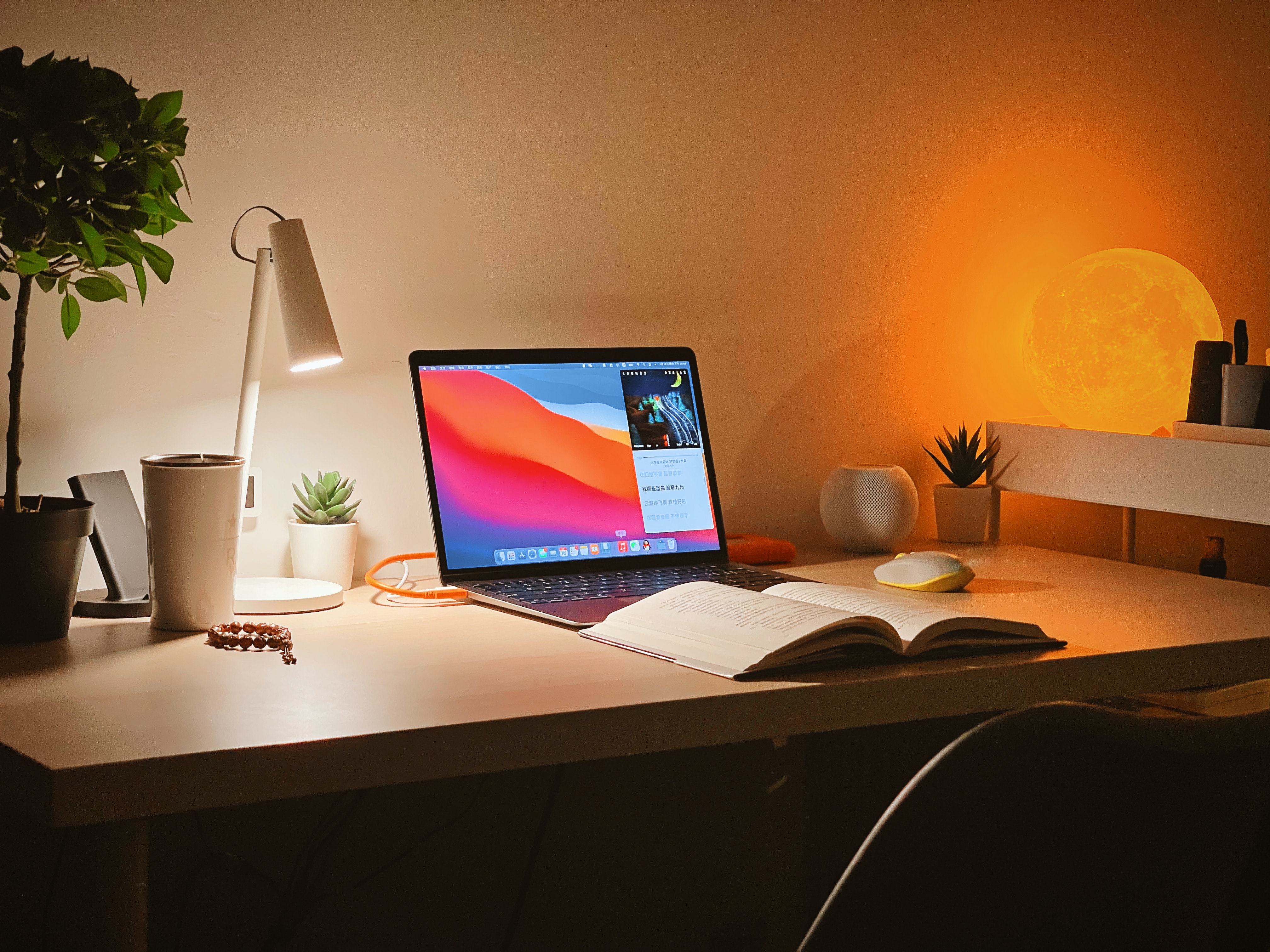If academic success is your goal, you might be questioning whether your efforts are sufficient. Some students can attain top grades without putting in much effort, while others devote up to 12 hours a day to studying. Thus, it raises the question of what the correct approach is. In this article, we will discuss this matter in detail.
College Recommendations
Colleges often suggest that students study for 2-3 hours outside of class for every hour spent in class. This means that if a course takes you 6 hours per week in class, you should spend about 12-18 hours on it at home.
So if you have three courses per semester, you should study 36-54 hours a week. Factoring in the 18 hours of class time for the same period, the total study time ranges from 54-72 hours per week. This leaves little time for other responsibilities and activities, which is not always practical or effective.
College students often balance education with part-time jobs. Also, it is important to rest properly to maintain a healthy mind and body. While this recommendation can be a helpful guide, it may not be achievable or reasonable for all students.

Image from Unsplash
Importance of Rest
Often, students tend to disregard rest, sleep, and relaxation because they want to succeed in college. It is understandable yet unhealthy. Those who tend to overwork themselves face serious consequences, such as:
- Worsen sleep, related disorders, or insomnia;
- Lack of focus;
- Lower cognitive abilities;
- Weakened immune response;
- Irritation and mood swings;
- Constant tiredness;
- Negative emotions and self-talk;
- Risk of academic burnout, anxiety, and depression;
- Tiredness and lack of energy;
- Risks of developing heart and blood pressure diseases;
- Overall inability to perform to the best of your capabilities.
So if you are constantly overworking yourself to be a better student, you may achieve the opposite result. But what if I need to finish my assignment today? Is there a way to write my term paper for me? – you might ask. The answer is yes. Professional academic writing platforms are ready to assist you with all types of college papers 24/7. So if you are struggling to meet deadlines, these platforms provide writing, editing, and proofreading services.
This way, you get excellent results and expert guidance. At the same time, you do not put your well-being at risk by pulling all-nighters or depriving yourself of sleep.
Experienced essay writing services know exactly how to complete a task easily and quickly. They offer unique and well-researched papers on all topics and subjects. Students can ask to polish their work or delegate the project completely to professionals. Sometimes getting help is the best option to handle a difficult situation.
If you’re determined to get everything done by yourself, make sure to take a step back from your work and relax. There are plenty of ways for students to take a quick, whether it is going for a walk, making food or even one of the more popular methods nowadays, playing video games like Call of Duty which helps to take away the thoughts of studies for a while.
Cognitive Limits
To be honest, it is possible to study for a whole day sometimes. Almost any student had such a learning session at least once in college. But it is not ideal, to say the least. Such a long period of work is not productive in general. And they are also draining in terms of brain limits.
To be more efficient and focus better, students need to know their limitations. Of course, the exact metrics are individual, and everyone has different energy levels. But, according to studies, the optimal amount of work a person can perform in a day productively counts to 3-4 hours.
The maximum productivity for a day is about 6 hours and no more than 8. These numbers refer only to work, without considering breaks. All the activity over this line might result in extreme exhaustion. The human brain takes about 30% of your energy. And if you overwork it, you might end up feeling like it is fried.
Knowing your limits is essential to
- Set realistic expectations and plan your schedule accordingly;
- Feel more satisfied with what you’ve done;
- Adjust the time of learning to the complexity of the task;
- Preventing burnout and exhaustion.
If you work for more than 6-8 hours a day, you might experience tiredness, loss of focus, and inability to retain information. Sometimes it is much healthier to put the notes aside and give your brain proper rest.
Calculating Your Study Time
When you are planning your study sessions, it is important to consider several factors. This includes the total longevity of the task, its complexity, your energy level, and your daily workload. The more complex the project is, the more power it takes. Some activities are easier and do not take as much mental capacity. So you can do them for a longer period.
For example, you want to study 8 hours a day. This is at the limit of productivity, so you need to make sure your physical and mental health is in a good state to achieve that. Also, you need to plan breaks accordingly.
Overall, for every hour of work, students need to take at least 15 minutes of rest. 8 hours of work means 120 minutes of rest. This is possible, yet it is better to stay within 6 hours of studying per day.

Image from Unsplash
Quality Over Quantity
The problem is that quantity does not equal quality. So instead of focusing on how long you are doing something, you need to concentrate on how efficient you are. Productive learning means that you do not harm your health, perform at the best of your abilities, and you are learning as much material as possible in the shortest possible period.
If you feel like you are not productive, revise your learning methods and techniques. Try new ones like spaced learning, flashcards, or mnemonic memorization. Maybe the problem is not in the period but in the approach. After all, what you’ve learned and remembered counts and not how long it took you to do so.
In Summary
Academic success is not just about how long you study, but how efficiently you do it. Understanding your cognitive limits and prioritizing rest and self-care is key to avoiding burnout and achieving your goals. While college recommendations can be a helpful guide, it is important to personalize your study schedule based on your individual needs and circumstances. And if you find yourself struggling to keep up, seeking professional help can be a smart choice to ensure you reach your full potential without sacrificing your well-being.

